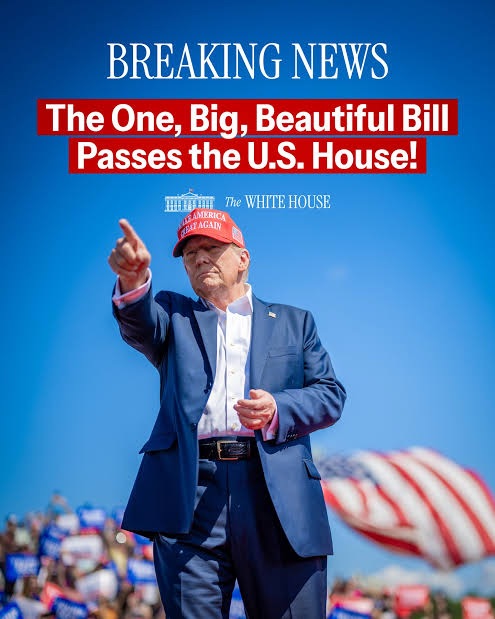In a significant policy change aimed at addressing ongoing budget shortfalls, the National Park Service announced it will start collecting higher entry fees from international visitors to several well-known U.S. national parks, effective January 1, 2024. The new policy mandates that foreign tourists will now need to pay an additional $100 to enter iconic parks like the Grand Canyon, Yellowstone, and Yosemite. Furthermore, the price of an annual parks pass for non-residents will rise to $250, while U.S. residents will continue to pay $80.
The introduction of these charges follows a recent executive order from President Trump, which encourages national parks to increase fees for international guests. Interior Secretary Doug Burgum emphasized that this new fee structure ensures that U.S. taxpayers, who support the National Park Service through their taxes, can continue to have affordable access to the parks, while also requiring international visitors to contribute fairly to the upkeep and improvement of these treasured landscapes.
This fee adjustment comes in the wake of significant staff reductions and financial challenges faced by the National Park Service, exacerbated by the recent government shutdowns. As U.S. parks prepare for the influx of visitors, the hope is that these measures will provide necessary funding for maintenance and upgrades to facilities.
The addition of 'resident-only fee-free days' throughout the year was also announced, aligning with patriotic themes such as Veterans Day, aimed at ensuring equitable access for U.S. residents. Critics, however, including the National Parks Conservation Association, have raised concerns about the implementation of these new fees, highlighting the necessity for clarity on their execution and impact on park accessibility.
As the 2024 tourist season approaches, this policy change is set to reshape the financial landscape for U.S. national parks and their diverse visitor base.
The introduction of these charges follows a recent executive order from President Trump, which encourages national parks to increase fees for international guests. Interior Secretary Doug Burgum emphasized that this new fee structure ensures that U.S. taxpayers, who support the National Park Service through their taxes, can continue to have affordable access to the parks, while also requiring international visitors to contribute fairly to the upkeep and improvement of these treasured landscapes.
This fee adjustment comes in the wake of significant staff reductions and financial challenges faced by the National Park Service, exacerbated by the recent government shutdowns. As U.S. parks prepare for the influx of visitors, the hope is that these measures will provide necessary funding for maintenance and upgrades to facilities.
The addition of 'resident-only fee-free days' throughout the year was also announced, aligning with patriotic themes such as Veterans Day, aimed at ensuring equitable access for U.S. residents. Critics, however, including the National Parks Conservation Association, have raised concerns about the implementation of these new fees, highlighting the necessity for clarity on their execution and impact on park accessibility.
As the 2024 tourist season approaches, this policy change is set to reshape the financial landscape for U.S. national parks and their diverse visitor base.




















